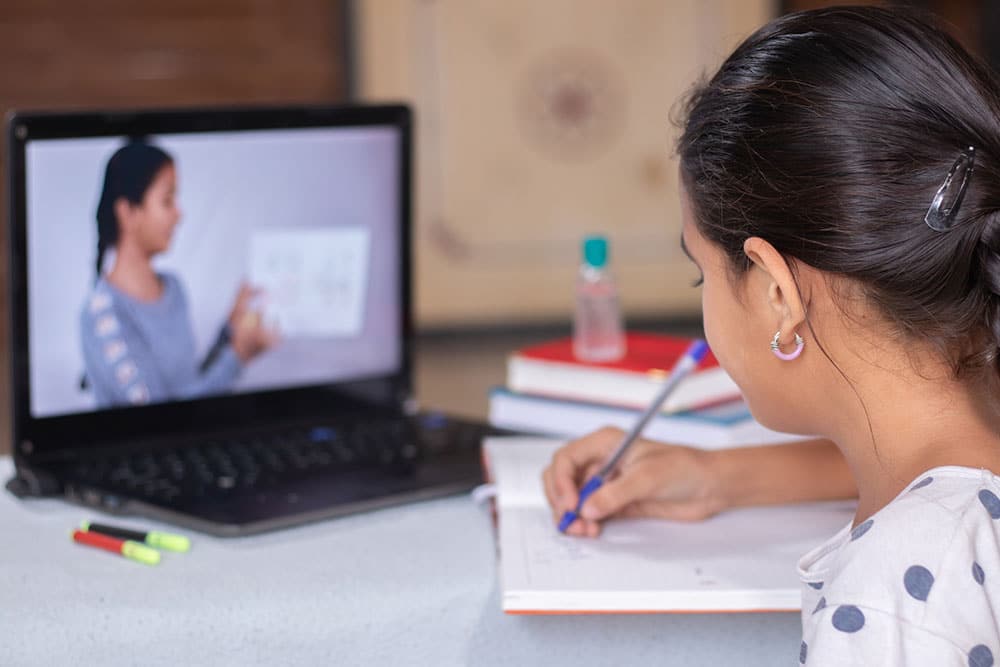A Call to Action to Teachers and Administrators: Be Compassion’s Light in the Darkness of Racial Division
My first-grade teacher, Sister Rose Agatha, was literally an angel. I think underneath that black habit of hers, were these beautiful gossamer wings, and it’s why she was always smiling. They probably tickled.
She understood little ones, that they see much more than the adults often realize and they yearn to make sense of that which confuses them as much as the adults do. Just because students may be sheltered to some degree at home doesn’t mean that they don’t sense the unrest and turmoil going on in the world right now.
Racism is ugly. My grandmother was a racist. I remember being a little kid and listening to her make nasty comments that I won’t repeat here. I could never understand it. She lived in an ethnically diverse neighborhood. None of my friends there, whom I’d play with when I was visiting her, were the same race or color as me. I didn’t notice anything different except that Timmy liked red popsicles and I liked the blue ones, and Valerie, Timmy’s sister, thought popsicles were dumb because they didn’t have any ice cream in them.
The first time I ever heard that word, I can’t even say the letter that it begins with, but you know the one that I mean, was from my grandmother. She was pulling out of the parking lot at the grocery store, saw a lovely family getting into their car, and called them that. I didn’t know what she meant but I knew it wasn’t a good thing by the way that she said the word, as if she were spitting.
My grandmother was kind and loving. Though I was only six years old, I knew something wasn’t right. I thought maybe a monster was living inside her like the ones in those scary movies I wasn’t supposed to watch, and hoped it wouldn’t jump inside of me.
That same year, a boy at school called me that word. I was the only Hispanic in my class and my hair and skin were much darker than my classmates. My grandmother was enraged. “But you called that nice family the same thing,” I said. “That’s different,” she replied. My first lesson in hypocrisy.
I vowed that no matter what color popsicle someone liked, or even if they didn’t like popsicles at all, didn’t matter. It’s what my friends and I shared that counted, like running through the sprinklers and giggling, playing hopscotch, blowing giant bubbles, and making each other laugh when one of us was sad.
I asked Sister Rose Agatha if my grandmother had committed a sin, and if the boy in my class who called me that committed one, also. She said that we are all God’s children, every one of us, that he always loves and forgives us, and that we have to do that with each other, too.
That was fifty years ago. I celebrate Sister Rose Agatha this week because she taught me about racism in a way that I could still love my grandmother despite how ashamed I am of her to this day. Shame and love are not always mutually exclusive.
I share this deeply personal story because if you’re a teacher and reading this, the future of our world rests in the grace of your wisdom. Adults can be so wrong and pass on that wrong mindedness to multiple generations. Hatred hurts. Ignorance is a pandemic far more threatening than Covid-19.
I’ve fought against racism, bullying and injustice my whole life. As a bestselling author, speaker, and anti-bullying activist, I’ve held countless kids in my arms who are victims of racism, social injustice, violence and other atrocities. And I’ve met the teachers who are their hope and strength, who give them the courage to persevere and the confidence that they can and will change this world.
I will continue to fight for compassion’s light, that it burns brighter and stronger with every breath each one of us takes, and that every teacher who believes in a student, points that light in the direction of us all.
If you’re watching Sister, I love you. Thank you for the example you’ve set. The bar is high. We will reach it, one heart at a time.

